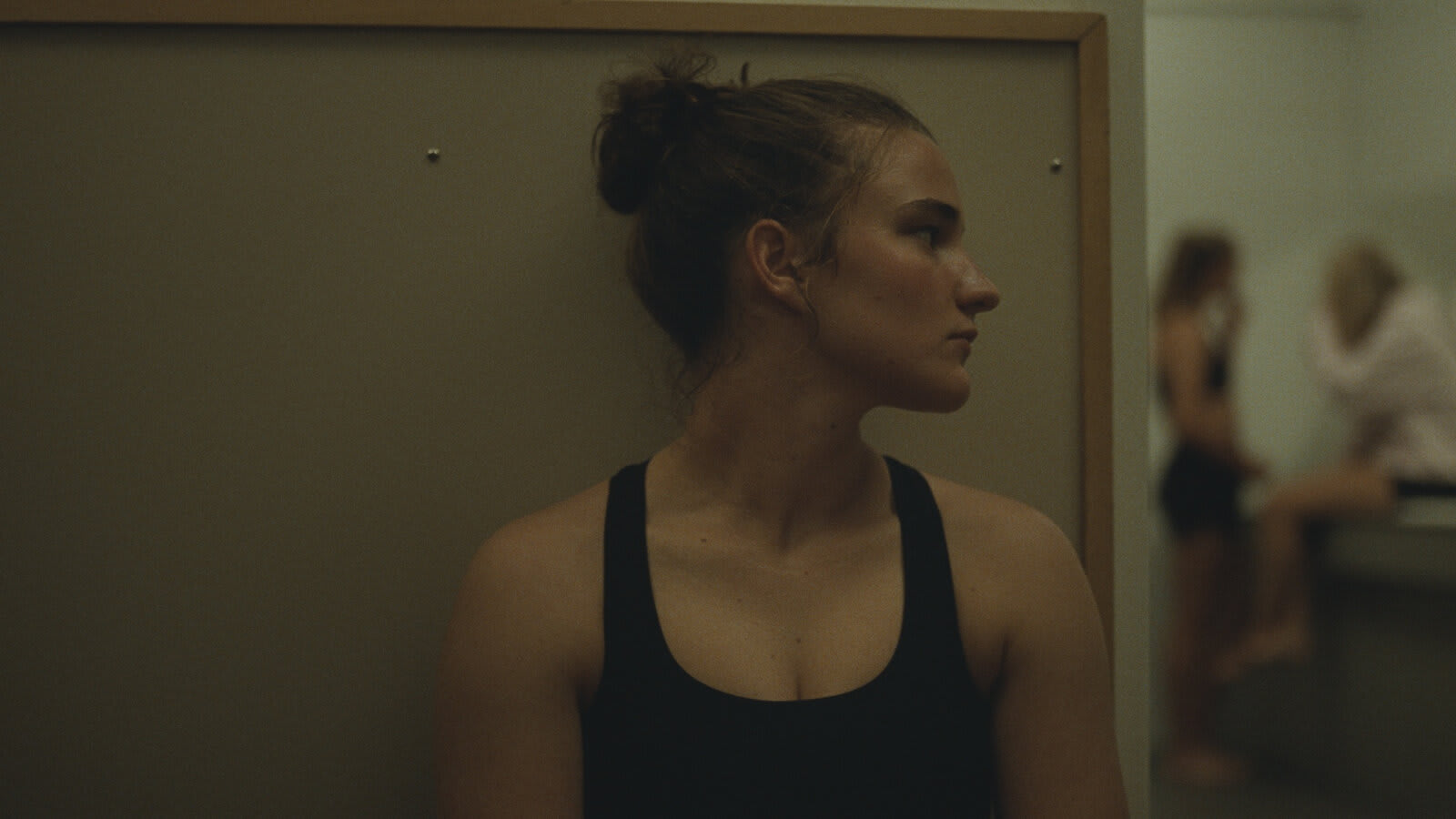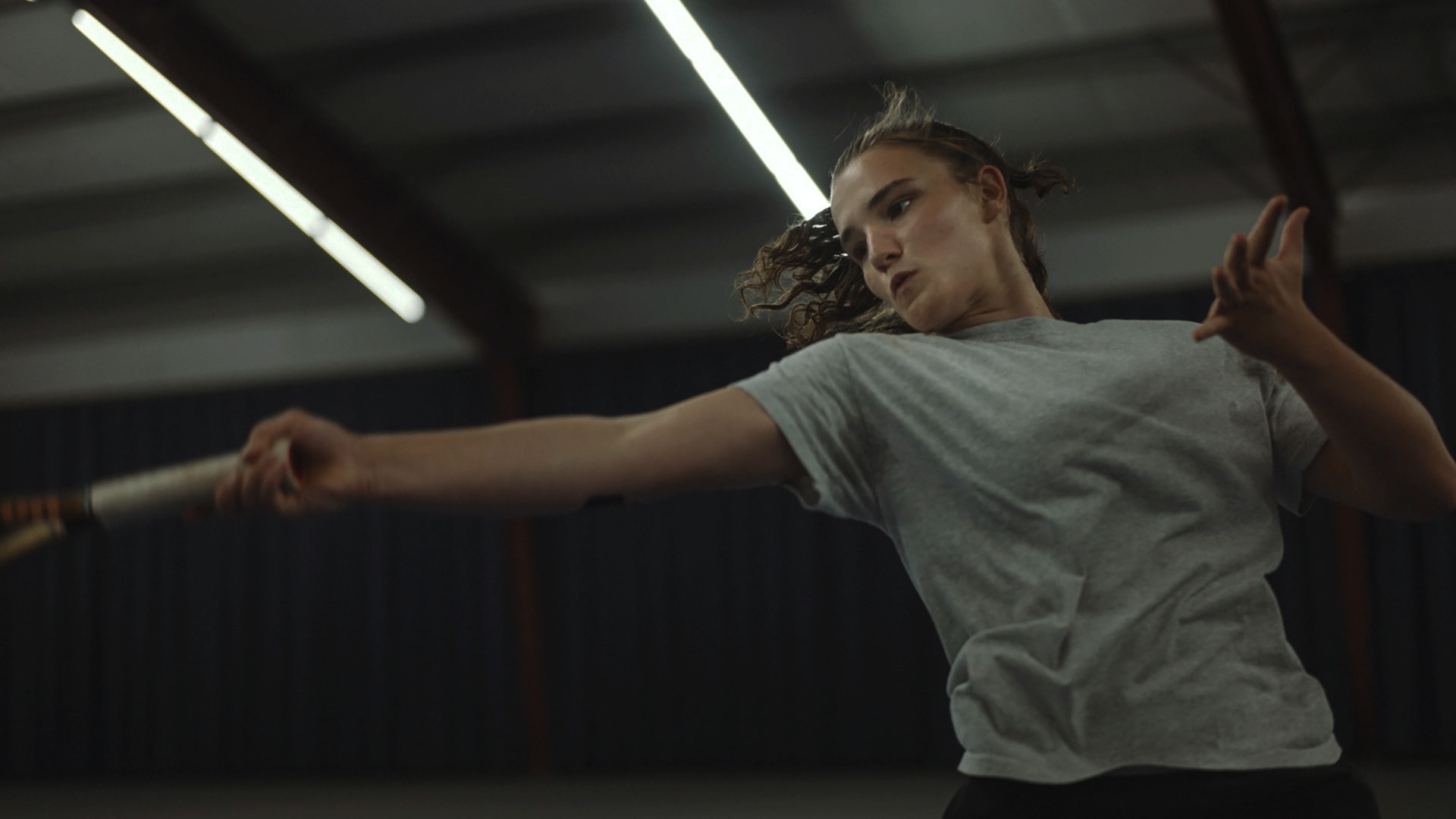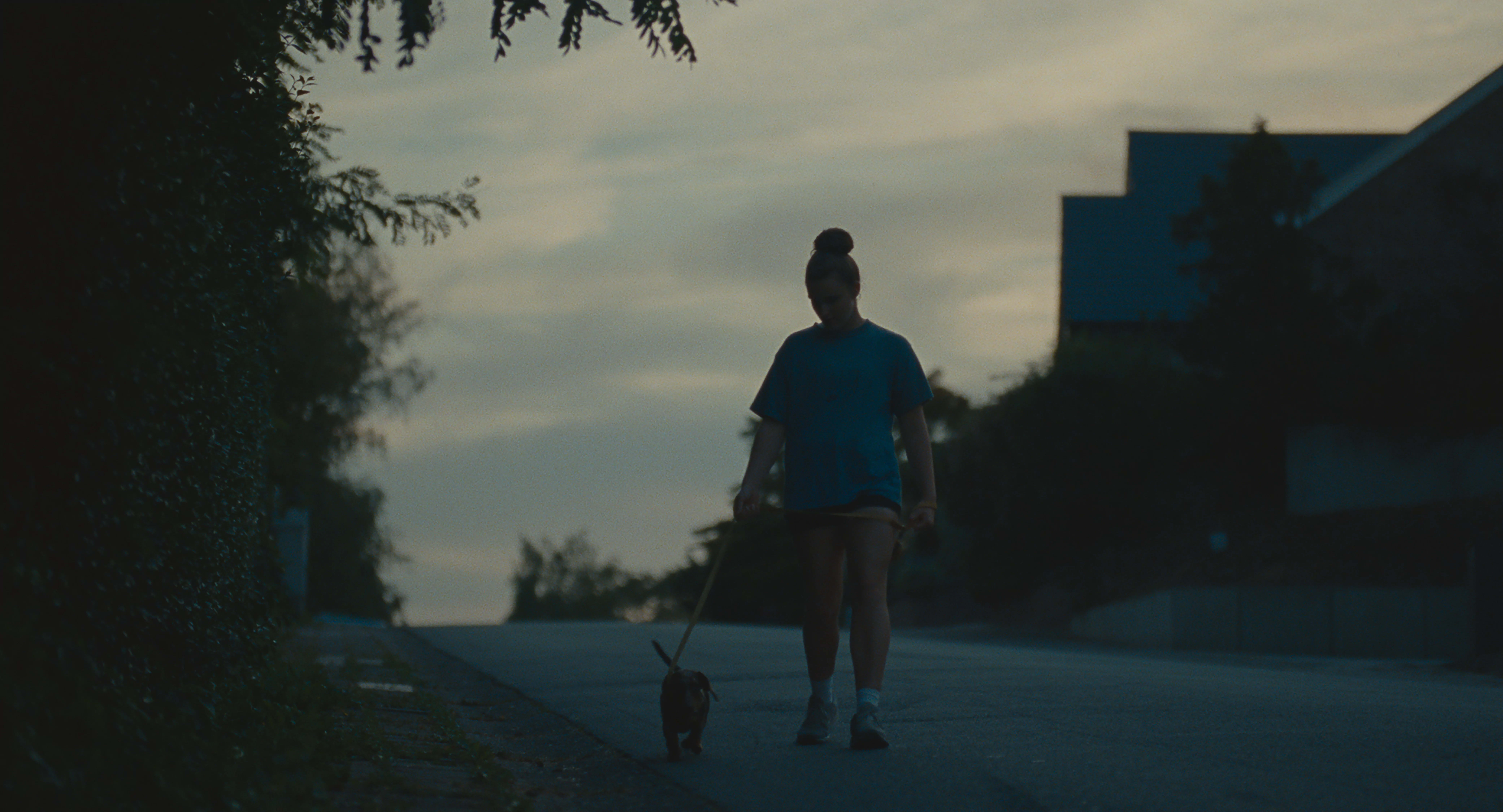In Leonardo van Dijl's 2024 Belgian film Julie Keeps Quiet, a young tennis player is suddenly separated from her emotionally (and, the film suggests, physically) abusive coach after one of his former students dies by suicide. Julie, played by first-time actress Tessa Van den Broeck, is pressured by the director of her tennis club to speak about her experiences with her coach, but she refuses to comply. Instead, she keeps quiet as she slowly adjusts to a world without her coach's domineering interference, finding new joy in tennis and making friends with her fellow students at her tennis academy.
While the phenomenon of coaches and other authority figures abusing young athletes is hardly limited to tennis, figures like former player and current coach Pam Shriver have spoken about the importance of enhancing protective measures in the Women's Tennis Association (WTA). The paucity of female coaches on the tour (less than 10% as of 2023) makes female tennis players especially vulnerable. Earlier this year, the WTA took the significant step of suspending Elena Rybakina's coach Stefano Vukov for "engaging in abuse of authority and abusive conduct towards the WTA Player."
Despite the darkness lurking under the surface of his film, and in the real stories of players with abusive coaches, van Dijl chose to set his film in the world of tennis not only because he plays and loves the sport but because, as he explained to me, "I feel [it] is honestly more on the progressive side of sports." Naomi Osaka's participation in the film as an executive producer shows that at least one tennis megastar wants to open up discussion about this topic.
I spoke to van Dijl from Los Angeles, where he was promoting Julie, and Van den Broeck from her home in Belgium, where she is completing a degree in nursing. On separate Zoom calls, we discussed the intensity of the coach-player relationship, the meaning of Julie's silence, gender dynamics in coaching, and more.
Leonardo, what is the appeal of sports as a setting, both on an artistic level, and as a way to explore this dynamic of abuse?
Sports is always about communities. We could set the story of Julie in any other institutional setting. If you bring [the story] close to home and set it within this local tennis club, you give people access. They can identify with Julie, and they can identify with what she's going through.
We could set the story of Julie in any other institutional setting.

There is [a lot] of research about safeguarding young athletes and how can you coach athletes in a way that enhances their performance without transgressing their boundaries. When you are a young athlete, the condition of doing the sport is to have no boundaries. No pain, no gain, right? You could say, well, that's the problem, and we should cancel [sports]. Or we can create an environment in which an athlete can do that, and yet we can safeguard it so it's done in a proper in a safe way.
Children have the right to test their boundaries. But it's very important that we question who we allow to be around these children. We focus not only on the relationship she has with a toxic coach, but also with a good coach. The good coaches will always [ask], What can we do? How we can create progress? How can we improve?
Tessa, you bring real-world experience to this role. What was your background in tennis?
I started playing tennis at six years old and in high school, I ended up at the Kim Clijsters Academy [in Belgium]. I stayed there for three years, doing half-time school, half-time tennis and doing some tournaments and making a lot of progress. But then the injuries started to come. So I came back home, [and went] to the Justine Henin Academy for one year. The injuries got worse and worse, so I decided to quit on that level and focus more on being a coach to other players.

What was your experience working with coaches? And what kind of pressures did you witness while training?
I think you have to put a little bit of pressure on players to be able to play better, but there are limits. I've seen with my friends, coaches [say], you have to win this match, and you have to do this and do that. And they stopped playing tennis because they couldn't handle it. They were losing, they had so much stress, they were sick on the court. They were completely blocked because they were like, I have to win. I have to do this. It's completely different in the movie, but I think it's not healthy if you have a coach like that.
How can that dynamic enable the kind of abuse we see in the film?
There is a huge amount of one-on-one time between a coach and an athlete. If you go into the research of safeguarding, you avoid as much one-on-one time as possible. I used those rules to organize the whole structure of making this movie. I avoided, as much as possible, to be one-on-one with Tessa, and I said to production afterwards, I will never travel alone with Tessa anywhere, because I will always be the director. She always had another person to speak with.
We have this concept that abuse is only happening in pure isolation, and it's not true, because, sadly, often it happens in public and in the community. We don't talk enough about the societal complicity that enables abuse dynamics to exist, but also to persist, even if you remove the aggressor from the scenery.
We have this concept that abuse is only happening in pure isolation, and it's not true, because, sadly, often it happens in public and in the community.

I want to ask about the silence in the film. Tessa, it's very funny to talk to you because you are so chatty, and you barely talk in the movie. I'm curious what you think about Julie's silence, and what performing that was like.
I really liked it, because most of the time in movies, they show what happened, or they talk about [the abuse], but [in life] there's always the in-between, and they never show that. The staying quiet, for some people, is going to be very short. For other people, it's going to be a very long period of time. There are people who don't talk for like, 30 years. I find it really interesting that she takes her time: it's her process, and she wants to decide when she's going to talk. The club is trying to get her to speak, and she's like, I don't want to speak. You see the people around her—they're fine with it. They allowed her to stay quiet, and they were there to support her.
I find it really interesting that she takes her time: it's her process, and she wants to decide when she's going to talk.
The vast majority of coaches of WTA players are men, and both the bad and the good coaches in this film are men. How do these dynamics play out in the film?
It's true that it's a very male environment. In my movie, I was not about to create fake diversity where actually it's not present. I still feel that Backie [Julie's second coach] is a progressive character. I'm not saying he's the perfect coach, but he has good intentions.
Then you have the girls. Julie was very estranged from her peers. Jeremy [her first coach] made sure that she should be afraid of them. She could not trust anybody in this world, and he is there to guide her through it. Because he's not there, she starts to reconnect with the other players and discovers that they're also decent people.
In the beginning, she's isolated, because she never got into the group. You see the group is really trying to make her a part of it, and to make it one big group. I think that's what you need as a tennis player, some good friends on court to talk about, not only tennis, but also other things.
Julie Keeps Quiet is currently screening in select theaters, and will be available to watch on VOD on June 6.


